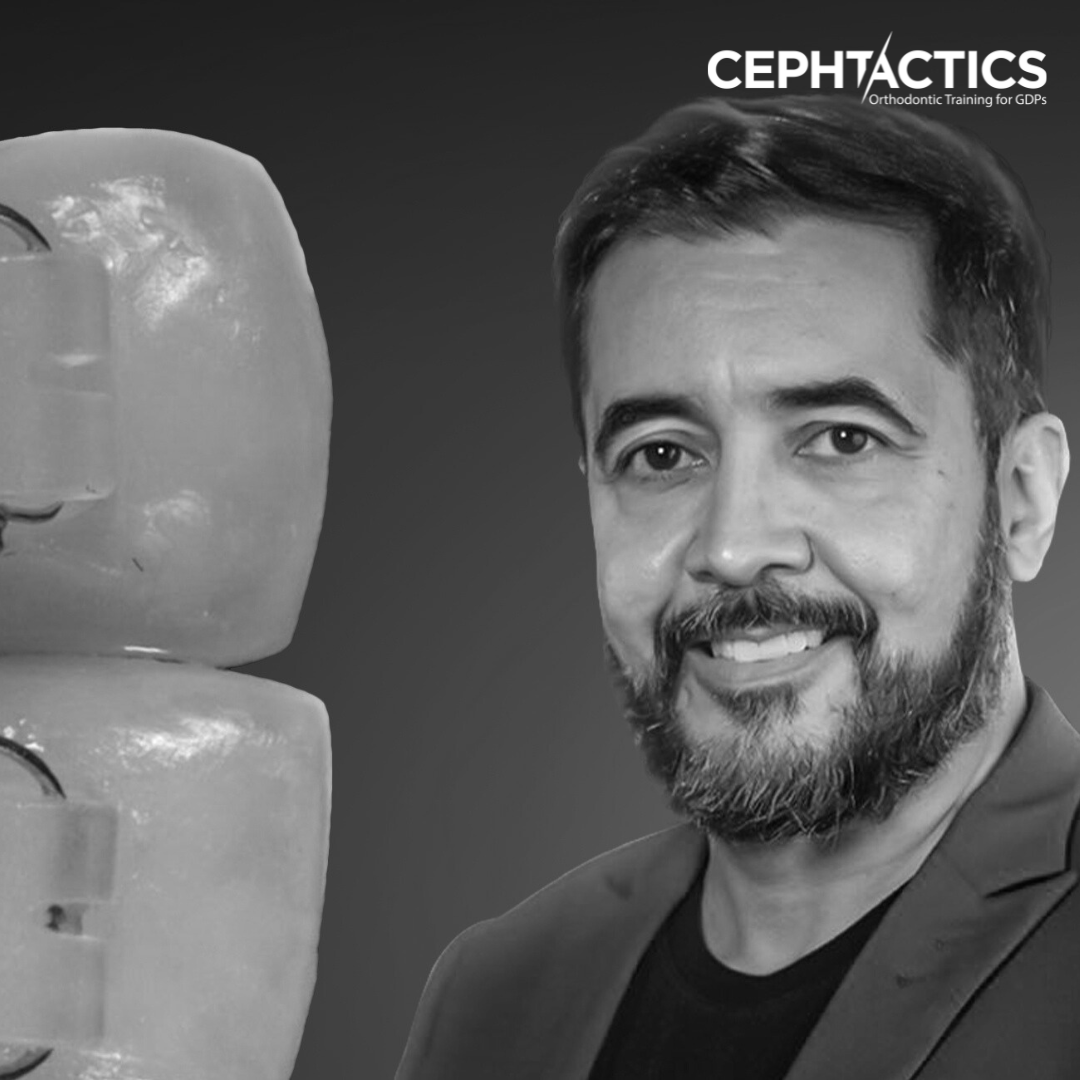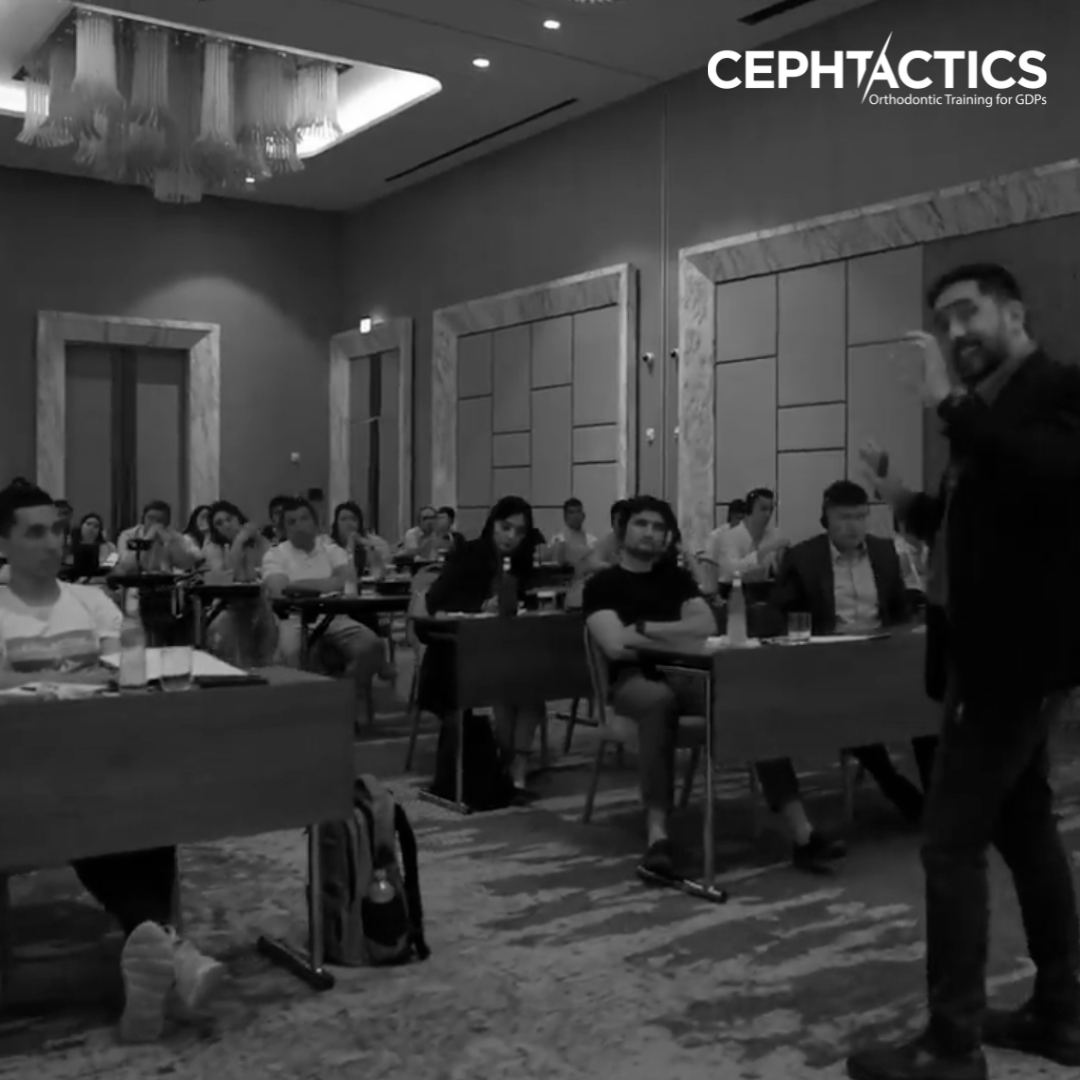Aims:
To provide clinicians with a comprehensive understanding of skeletal anchorage systems in orthodontics.
To develop practical skills in the placement of mini-implants, including interradicular, IZC, and buccal shelf sites.
To introduce protocols for integrating TADs into both fixed and aligner-based treatment plans.
To enhance decision-making for managing medium- to high-complexity malocclusions using non-surgical strategies.
To promote a biomechanically sound approach to vertical and sagittal control in orthodontics.
To empower clinicians to handle complications and improve the long-term success of TAD-based treatments.
To encourage critical thinking through live case discussions and participant-led treatment planning.
To build confidence through hands-on simulations, enabling immediate application in clinical practice.
Objectives:
Identify the indications, types, and site selection criteria for skeletal anchorage (TADs, mini-plates, MARPE).
Demonstrate accurate placement techniques for mini-implants using both manual and motorized methods.
Apply biomechanical principles to design force systems for distalization, intrusion, and anterior retraction.
Construct and implement auxiliary mechanics such as cantilevers, power arms, sliding jigs, and loops.
Integrate TADs with fixed appliances and aligner systems using hybrid mechanics.
Analyse complex clinical cases and formulate full treatment protocols with skeletal anchorage.
Troubleshoot common complications and understand the key factors influencing implant stability and failure.
Complete hands-on exercises with 3D-printed models simulating real-world anatomical and procedural scenarios.
Lecturer:
Dr. Kleber Meireles
A Specialist in Orthodontics from the University of São Paulo, Brazil, holds a Master’s Degree in Orthodontics from UNIARARAS in São Paulo. As the Coordinating Professor of the Specialization Program in Orthodontics at Instituto Prime in Bahia, Brazil, Dr. Kleber Meireles combines extensive academic expertise with practical knowledge. Additionally, they are an esteemed international lecturer, sharing their insights and advancements in orthodontics with professionals around the globe.
GDC Outcomes:
🅐 – Communication
Effectively communicate complex treatment plans involving TADs and auxiliary mechanics to patients and colleagues.
Improve patient understanding and consent by explaining the rationale, risks, and benefits of skeletal anchorage techniques.
🅑 – Management of Self and Work
Enhance clinical decision-making and treatment planning for complex cases requiring skeletal anchorage.
Reflect on current practice and incorporate advanced biomechanical strategies to improve efficiency and outcomes.
🅒 – Clinical Skills
Demonstrate safe and effective placement of mini-implants, including interradicular, IZC, buccal shelf, and mini-plates.
Apply auxiliary mechanics (cantilevers, loops, MARPE, etc.) within fixed and aligner systems to achieve precise tooth movement.
🅓 – Maintenance of Patient Safety
Identify potential risks and complications of TAD use and implement protocols to minimise harm.
Adopt evidence-based approaches to reduce failure rates and improve patient outcomes when using skeletal anchorage systems.
Planned schedule:
Day 1
Morning Session 1
Introduction to Skeletal Anchorage
Indications and types of TADs
Site selection: interradicular, buccal shelf, IZC
Morning Session 2
Insertion Techniques and Troubleshooting
Mini-implants (manual and motorized)
Complications and stability factors
Afternoon Session 1
Hands-on Session
Regular mini-implant placement in models
Afternoon Session 2
Hands-on Session
Extra-alveolar sites: IZC and Buccal Shelf
Q&A clinical discussion
Day 2
Morning Session 1
Sagittal and Vertical Control
Distalization using buccal shelf anchorage
Intrusion techniques for gummy smile correction
Morning Session 2
Auxiliary Mechanics and Biomechanics
Cantilevers, power arms, sliding jigs
Integration with fixed and aligner systems
Afternoon Session 1
Hybrid Mechanics
Segmental mechanics with TADs
Uprighting loops
Afternoon Session 2
Hands-on Application
Design of auxiliary mechanics
Integration exercises
Day 3
Morning Session 1
Complex Case Management
Class III camouflage approaches
Mini-plate applications for vertical and sagittal control
Morning Session 2
Hands-on Mechanics
Distalization, intrusion, anterior retraction
Hybrid mechanics simulation
Afternoon Session 1
Case Protocols and Planning
Full protocol overview
Participant-led treatment planning
Afternoon Session 2
Final Workshop and Certification
Full treatment sequence simulation
Closing discussion and certification





